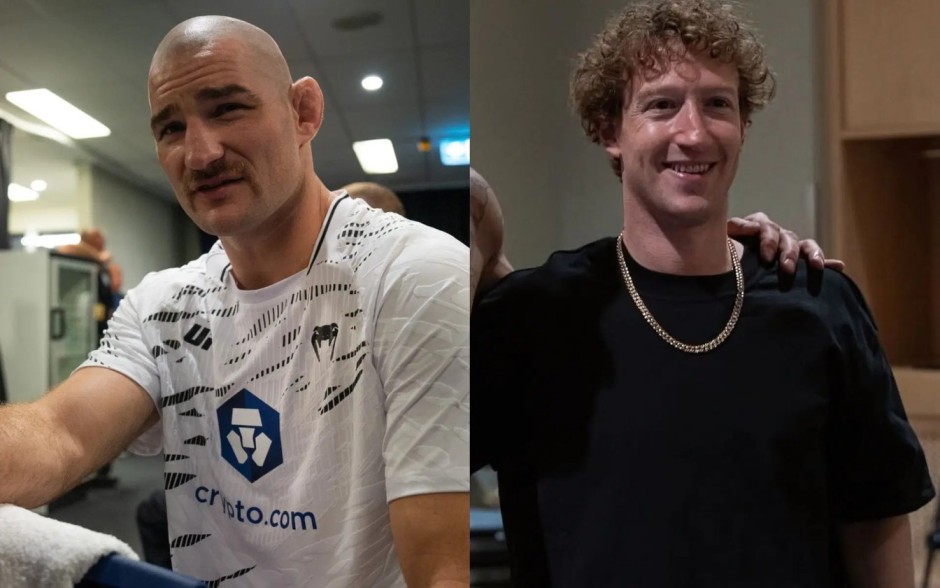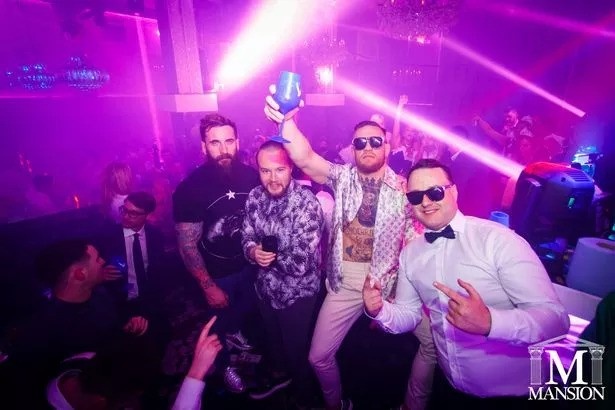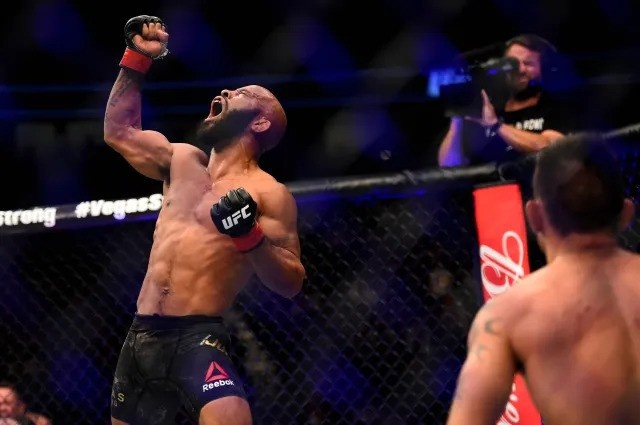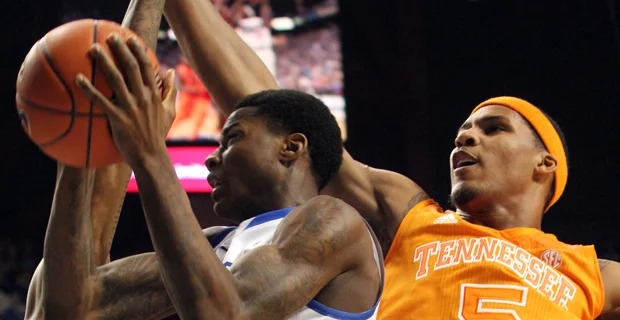
Table of Contents
In the cutthroat world of mixed martial arts, where careers can be made or shattered in a single moment, fighter welfare is a perennial topic of debate. While the UFC has made strides, the reality for many athletes remains a precarious balance between glory and the harsh consequences of combat. Recently, a fascinating and somewhat unprecedented plea emerged from the injured ranks, catching the attention of both the sports world and tech enthusiasts: UFC star Sean Strickland calling out Mark Zuckerberg for assistance. This incident serves as a striking example of evolving athlete advocacy.
This isn’t your typical post-fight interview or direct message to a sponsor. Strickland’s public appeal to the Meta CEO, a known enthusiast and practitioner of MMA, signals a potentially new frontier in athlete advocacy and the leverage of social media influence. This unusual call-out highlights the growing intersection of social media influence, athlete welfare, and the evolving landscape of sports sponsorships and support systems. The incident also raises questions about the responsibility of powerful figures and platforms in supporting athletes who often face career-altering injuries.
The Unconventional Plea: Why Zuckerberg?
Sean Strickland, known for his unfiltered personality and aggressive fighting style, suffered a severe staph infection that forced him out of a highly anticipated bout against Paulo Costa. For any fighter, a significant injury means not just physical pain but also a direct hit to their livelihood, as they typically aren’t paid unless they compete.
Strickland’s decision to directly address Mark Zuckerberg on social media wasn’t random. Zuckerberg has been increasingly visible in the MMA community, training with professional fighters, attending UFC events, and even expressing a profound interest in the sport. This newfound connection, coupled with Zuckerberg’s immense wealth and influence, made him a unique, albeit unconventional, target for a fighter in need of athlete welfare support.
The Appeal of a ‘Billionaire Buddy’
For fighters like Strickland, who often operate outside the traditional team sports structure, the concept of a safety net can be elusive. While the UFC does offer certain medical coverages, the financial strain of an injury-induced layoff can be immense. Strickland’s call, essentially a plea for a “billionaire buddy” to step in, underlines a broader issue: the perceived gap in comprehensive long-term support for individual combat athletes. It’s a calculated gamble, leveraging Zuckerberg’s public persona as an MMA advocate, shining a light on crucial athlete welfare concerns.
- Financial Impact: Loss of fight purse, training camp expenses, rehabilitation costs.
- Career Uncertainty: Extended layoffs can derail momentum, affect rankings, and lead to mental health challenges.
- Beyond Traditional Support: When standard avenues feel insufficient, athletes explore unconventional routes, often fueled by social media influence.
Athlete Welfare in Combat Sports: A Persistent Challenge
The incident with Strickland and Zuckerberg throws a spotlight on the ongoing challenges surrounding athlete welfare in combat sports. Unlike team sports with robust players’ associations and guaranteed contracts, MMA fighters often navigate a more solitary and financially volatile path. [ Associated Press ]. This piece could provide a broader context on the economic realities faced by many UFC athletes, making the case for enhanced athlete advocacy.
The UFC’s Role and Responsibilities
The UFC, as the dominant promotion, has invested in various athlete support programs, including performance institutes and medical care for injuries sustained during training or competition. However, the depth and breadth of this support often come under scrutiny, particularly concerning long-term financial security for injured fighters or those facing career-ending conditions. This constant debate fuels the need for stronger athlete advocacy efforts.
Is This the Future of Advocacy?
Strickland’s direct appeal might be an outlier, but it could also signal a shift. As athletes gain more direct access to their audience and influential figures through social media, the lines between personal appeal, public relations, and genuine athlete advocacy blur. Could we see more athletes leveraging their online platforms to seek unconventional support or highlight systemic issues? It’s a compelling thought for the future of sports business and athlete representation. [ For more Click here ]. This link would offer readers further insights into the power athletes now wield online, directly relating to the concept of social media influence mentioned here.
The Broader Implications for Sports & Sponsorships
This scenario extends beyond just the UFC. It prompts questions across the entire sports industry regarding sports sponsorships and athlete support:
- The Power of Personal Brands: Athletes increasingly wield significant influence through their personal brands, allowing them to bypass traditional media or intermediaries.
- Corporate Social Responsibility: How do companies and their CEOs, especially those with public ties to specific sports, respond when directly appealed to by athletes in need, raising questions about ethical sports sponsorships?
- The Evolution of Sponsorship: Could we see more direct, philanthropic-style “sponsorships” from high-net-worth individuals who are fans of a sport, rather than just corporate entities seeking brand visibility?
In my two decades covering professional sports, one pattern consistently emerges: when an athlete’s livelihood is directly threatened by injury, desperation can lead to creative solutions. Strickland’s move, while unusual, isn’t entirely without precedent in terms of an athlete seeking help outside the traditional channels. What’s different now is the hyper-connectivity of social media and its potential for fostering new forms of athlete advocacy.
Looking Ahead: A Call for Collective Action?
While Strickland’s appeal to Zuckerberg may or may not result in direct aid, it serves as a powerful reminder of the financial precarity many elite athletes face. It highlights the need for continued dialogue around more robust athlete welfare programs, whether through stronger fighter associations, improved insurance schemes, or even innovative new models of community support within the sport. This incident underscores the ongoing necessity for strong athlete advocacy.
FAQs
1. What was Sean Strickland’s injury that led to the call-out?
Sean Strickland was forced to withdraw from his scheduled fight against Paulo Costa due to a severe staph infection in his leg.
2. Why did Sean Strickland specifically call out Mark Zuckerberg?
Strickland targeted Mark Zuckerberg due to the Meta CEO’s well-known and increasingly public interest in and active participation in mixed martial arts (MMA), including training with UFC fighters and attending events. Strickland likely saw him as a potential and influential figure capable of offering assistance outside traditional channels, embodying a unique form of athlete advocacy.
3. Do UFC fighters typically receive financial support when injured?
The UFC does provide some medical coverage for injuries sustained during sanctioned training or competition. However, fighters are generally not paid their fight purse unless they compete, meaning significant financial loss during injury layoffs. Long-term disability or comprehensive income protection is often not as robust as in major team sports, highlighting gaps in athlete welfare.
4. What are the broader implications of this incident for athlete welfare in sports?
This incident highlights the ongoing challenges of athlete welfare in individual sports, particularly concerning financial security during injury. It also underscores the growing power of athletes’ personal brands on social media influence and raises questions about corporate social responsibility from influential figures connected to sports, and the future of sports sponsorships.
5. Could this type of public appeal become more common in sports?
While still unconventional, the direct access athletes have to influential figures and large audiences through social media platforms like Instagram and X (formerly Twitter) suggests that similar public appeals could become a more frequent, albeit possibly desperate, form of athlete advocacy in the future.




